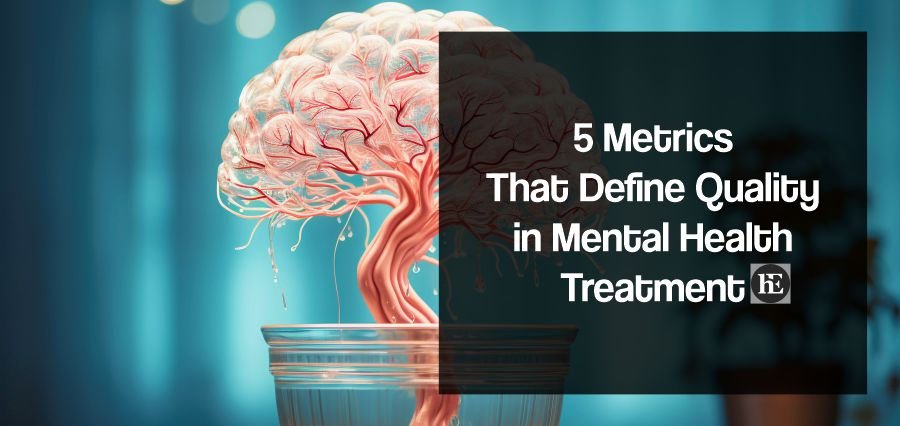“The Future of AI in the Education Sector: Transforming Learning with Artificial Intelligence.”
Artificial Intelligence (AI) has become a driving force across various industries, and education is no exception. As we navigate the digital age, AI holds immense promise for reshaping teaching methodologies, enhancing student experiences, and improving educational outcomes. In this blog post, we’ll explore how AI is revolutionizing education and discuss practical examples of its implementation.
1. Personalized Learning: Unlocking Individual Potential
One of AI’s most significant contributions to education lies in personalized learning. Traditional classrooms often struggle to cater to diverse student needs. AI algorithms analyze student data, learning patterns, and preferences to create customized learning experiences. Imagine a virtual tutor that adapts content, pace, and difficulty levels based on each student’s strengths and weaknesses. Personalized learning ensures optimal engagement and understanding.
2. Intelligent Tutoring Systems: Your AI Study Budd
Intelligent tutoring systems powered by AI provide real-time feedback, guidance, and assessment. These virtual tutors gauge students’ learning styles, existing knowledge, and areas of struggle. Whether it’s solving math problems, mastering a new language, or understanding complex scientific concepts, AI tutors enhance student engagement and comprehension.
3. Streamlining Administrative Tasks: From Grading to Schedulin
Educators spend a significant amount of time on administrative tasks—grading assignments, managing schedules, and handling paperwork. AI can automate these processes, freeing teachers to focus on meaningful interactions with students. Chatbots handle routine queries, predictive analytics aid resource allocation, and smart scheduling tools optimize classroom timetables.
4. Enhancing Accessibility: Bridging Barriers
AI-driven tools make education more accessible. For students with disabilities, speech recognition software, text-to-speech converters, and captioning services ensure equal participation. Additionally, AI can translate content into multiple languages, bridging linguistic barriers and fostering inclusivity.
5. Data-Driven Decision Making: Insights for Educators
Educational institutions generate vast amounts of data—attendance records, test scores, and student behavior. AI analytics extract valuable insights from this data. Educators can identify at-risk students, predict dropout rates, and tailor interventions. Data-driven decision-making enhances educational outcomes.
6. Lifelong Learning and Reskilling: AI as Your Learning Companion
In an ever-evolving job market, continuous learning is essential. AI-powered platforms recommend personalized upskilling and reskilling pathways. Whether professionals seek to learn a new programming language, acquire business skills, or explore creative fields, AI curates’ relevant content and learning journeys.
7. Ethical Considerations: Balancing Innovation and Human Rights
While AI promises innovation, ethical concerns must be addressed. Bias in algorithms, data privacy, and transparency are critical issues. Policymakers need to strike a balance between promoting AI adoption and safeguarding human rights. Ensuring that AI remains human-centered and equitable is essential.
Conclusion: Collaborating for an AI-Enhanced Education System
The future of AI in education is bright, but it requires thoughtful implementation. UNESCO emphasizes a human-centered approach—one that empowers all learners, regardless of their backgrounds or abilities. Educators, policymakers, and learners must collaborate to harness AI’s potential effectively.
As we embrace possibilities, let’s shape a future where AI serves as an ally in our quest for knowledge. Together, we can create a learning environment that prepares students for the challenges of tomorrow.
Latest Article
-
 Fenugreek Benefits and Uses: Blood Sugar, Hair, Hormones GuideArticle
Fenugreek Benefits and Uses: Blood Sugar, Hair, Hormones GuideArticle -
 11 Questions Life Coaches Ask That Change How You ThinkArticle
11 Questions Life Coaches Ask That Change How You ThinkArticle -
 8 Real Benefits of Life Coaching That Go Beyond MotivationArticle
8 Real Benefits of Life Coaching That Go Beyond MotivationArticle -
 Blaze Schwaller: For Every Person Who Has Ever Felt Too Much, Too FastArticle
Blaze Schwaller: For Every Person Who Has Ever Felt Too Much, Too FastArticle -
 5 Metrics That Define Quality in Mental Health TreatmentArticle
5 Metrics That Define Quality in Mental Health TreatmentArticle
